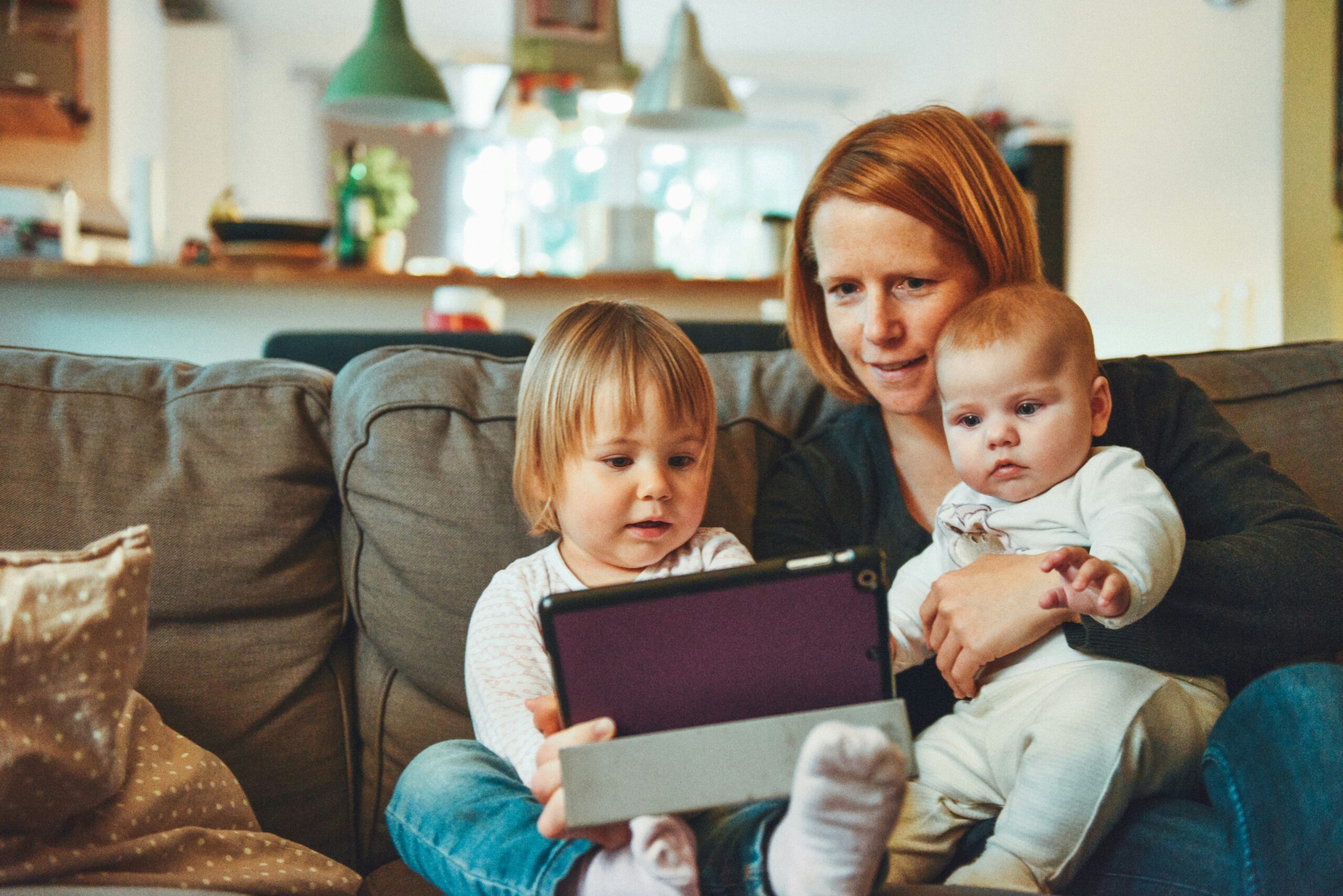According to the results of certain studies, the impact of the omnipresence of screens in the daily lives of young people also depends on social factors. What's more, exposure to these technologies varies according to social category. In this article, we take a closer look at the issues surrounding screen time and its impact on children's development.
Context and importance of screen use
The evolution of children's exposure to screens
Children's use of screens has increased dramatically over the last few decades. This has shifted from television to various screens, such as smartphones, tablets and so on. This trend raises concerns about its impact on young people's cognitive and social development. Studies show that early and intensive exposure to these tools can affect children's cognitive development, mental and physical health, as well as social and emotional skills.
Social categories and access to technology
Research shows that our little ones are exposed to screens from an early age, often before the age of two. This early exposure can vary significantly depending on the family environment and available resources. This finding highlights a disparity between social categories. The distribution of technological resources is not uniform across the different strata. This influences children's access to and use of digital devices. Families with higher incomes often have greater access to a variety of devices and quality educational content, while children born into less affluent families may find themselves with limited access to these valuable resources.
A study carried out by Ined and Inserm reveals that children whose mothers have not attended high school spend an average of 45 extra minutes a day in front of screens at the age of 2, and 1 hour and 15 minutes more at the age of 5 and a half, compared with those whose mothers have a level of education equal to or higher than 5 years of post-baccalaureate study.
The effects of screens on young children
Cognitive development
Overexposure to screens affects children's cognitive development, particularly in terms of concentration, memory and learning ability. These effects vary according to the nature of the exposure and the type of content consumed. A study by Rachel Acheson highlights the impact of digital technology on children's mental health, highlighting links between social media use and depressive symptoms in adolescents (Acheson, 2022) REF [^1^].
Physical and mental health
Intensive screen use is associated with sleep disorders, reduced physical activity and emotional well-being problems in adolescents and children. These impacts also seem to be modulated by social and family context, with significant variations according to screen-use practices in different social categories.
Social and emotional skills
Exposure to digital technologies can influence children's social and emotional skills. It limits face-to-face interaction and alters the perception of social relationships. Social environment plays a key role in modulating these effects. Children from disadvantaged backgrounds are potentially more exposed to inappropriate content or excessive use of screens without adequate supervision.
The special case of children aged two and under
Children aged 2 and under are particularly sensitive to screen exposure. Current guidelines recommend zero screens for children under 3, and a focus on human interaction for their growth and well-being.
Differences in screen exposure by social category
Factors influencing exposure
Parental education, available resources and cultural norms are key factors influencing children's exposure to digital media. In-depth analysis reveals varied patterns of screen use across different social backgrounds. Children from affluent backgrounds generally have access to high-quality educational content and supervised screen use.
Consequences of disparities
Inequalities in access to quality educational content and appropriate facilities can have a significant impact on long-term educational and social opportunities for young people from disadvantaged backgrounds. These disparities underline the need for initiatives aimed at reducing gaps in access to and consumption of digital resources.
Strategies for mitigating the negative effects of screen use
The role of parents and educators
It's vital to regulate the use of screens by young children. It's best to favor quality content and limit exposure time. Media education and support are fundamental to developing a critical and conscious use of technology, so as to get the most out of it.
Recommendations for children's use of screens
Specific recommendations, based on the latest research, aim to help parents and educators navigate today's complex digital landscape. This means establishing clear rules on the frequency, duration and content of children's screen sessions.
Public and private initiatives
Several programs aim to reduce inequalities in exposure to screens. They include resources and training for families and childcare professionals. These initiatives have met with varying degrees of success. This underlines the need for a coordinated and inclusive approach to this complex issue.
In conclusion
Understanding the differences in exposure to screens between different social groups is vital for tackling the various challenges posed by digital technology in children's development. A balanced approach that takes into account the specific needs of each child and his or her family and social context is needed to maximize the benefits of technology.
Disclaimer
This article is based on research and studies available at the time of writing. It is intended to inform and raise awareness, and does not replace professional advice.
References
REF [^1^]. Acheson, R. (2022). Research digest: Digital technology and its impact on child mental health. Digital Technology Research. https://dx.doi.org/10.1080/0075417X.2022.2127839
REF [^2^]. Zulkifli N, Novianti R, Garzia M. (2021). The Role of Preschool in Using Gadgets for Digital Natives Generation. Journal of Preschool and Digital Education. https://dx.doi.org/10.21009/jpud.152.02
